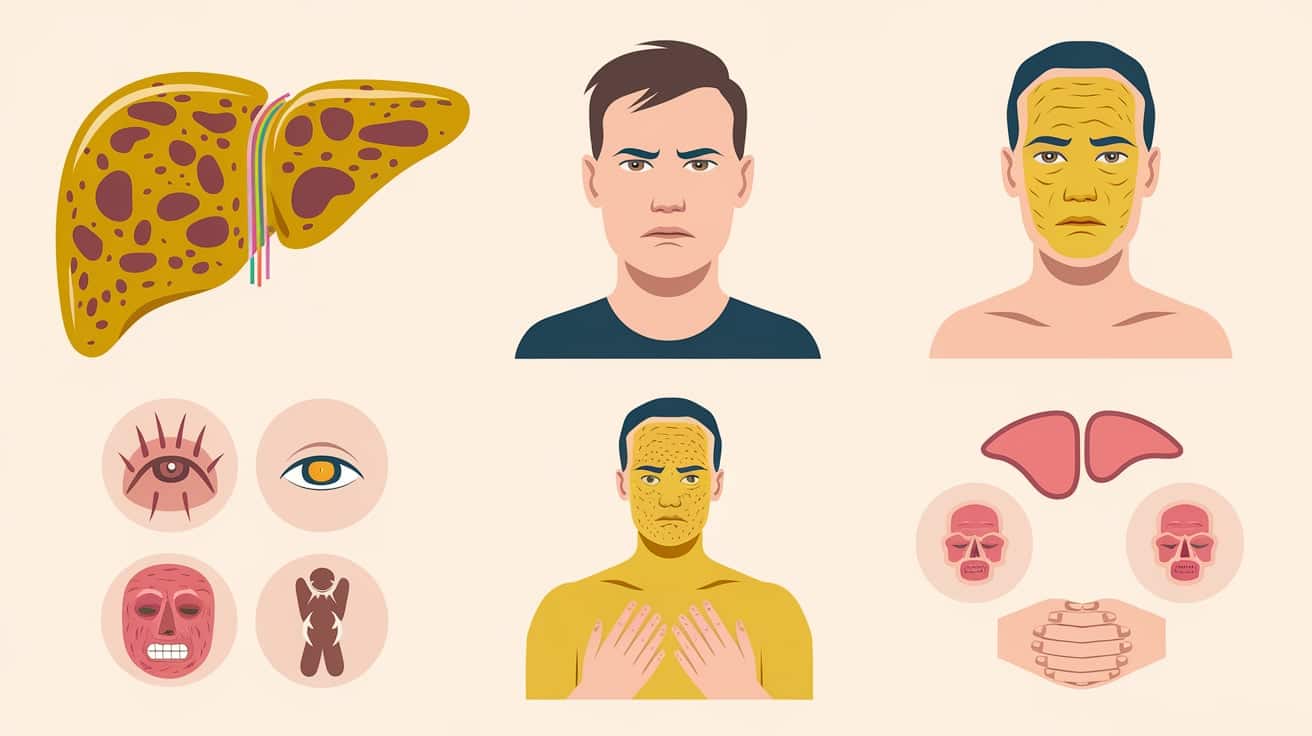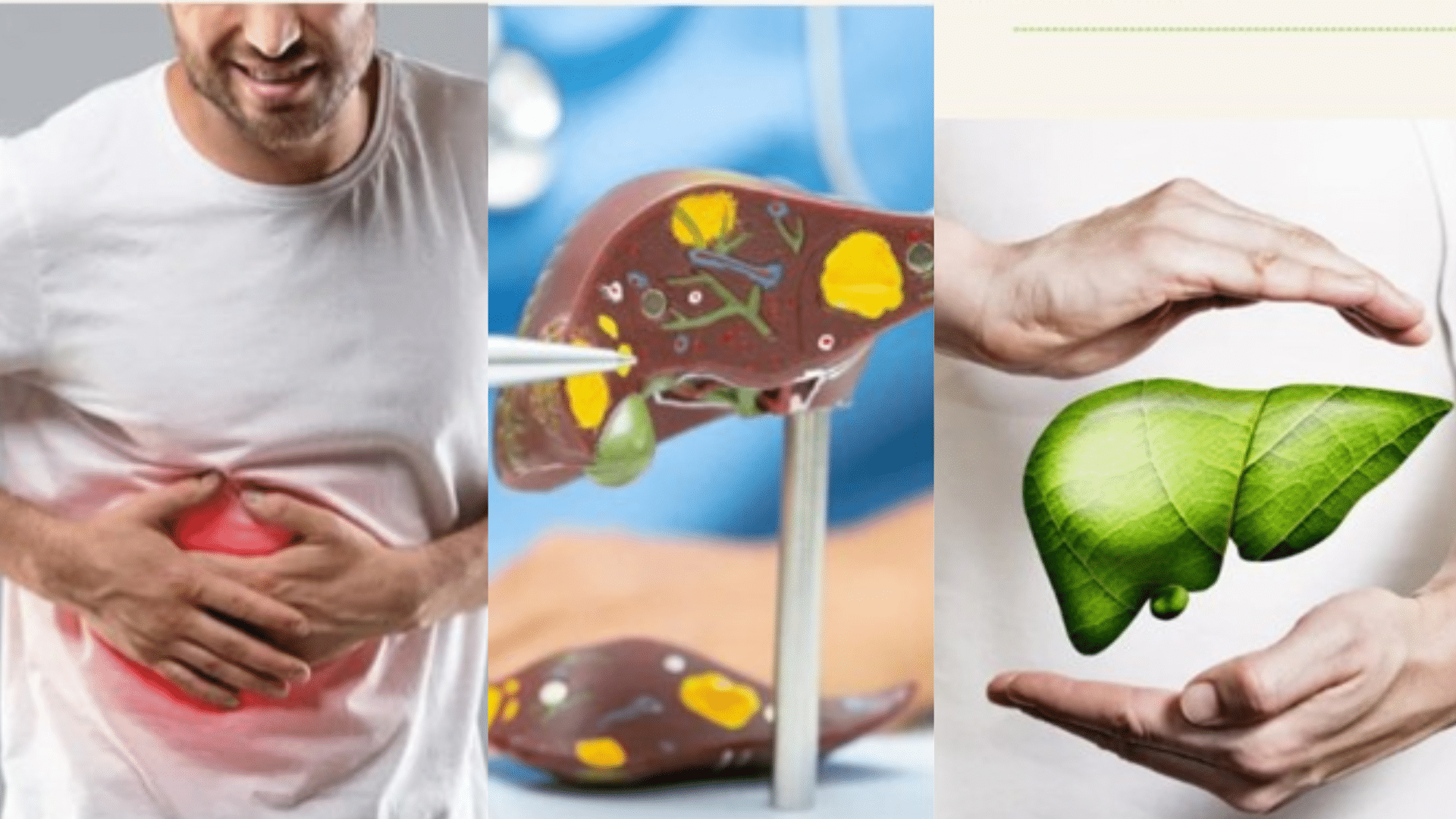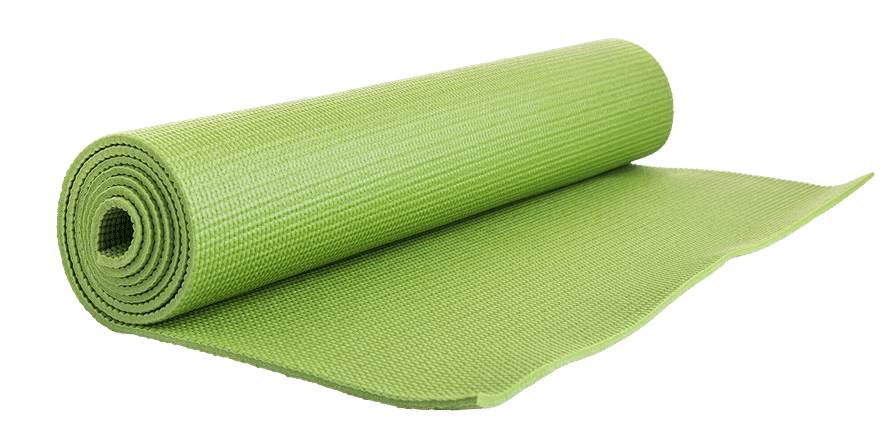Your liver is one of the most vital organs in your body, playing a crucial role in detoxifying harmful substances and regulating metabolism. However, with so many myths surrounding liver detox, it can be challenging to discern what is true and what is not.
You may wonder if liver cleanses or detox teas are truly necessary or if they benefit your liver.
In this blog, I’ll explain how liver detoxification truly works, why cleanses and detox teas aren’t necessary, and the signs that your liver might need support.
By the end, you’ll have a clear understanding of how to support your symptoms of detoxing the liver.
What Does Your Liver Do?
The liver is a vital organ responsible for many essential functions that keep your body running smoothly. It detoxifies harmful substances, filters blood, and breaks down medications and toxins.
The liver also plays a key role in metabolism, converting food into energy and storing nutrients like vitamins and minerals for later use.
Additionally, it produces bile, which is crucial for digestion and the absorption of fats. With such an important role, maintaining liver health is vital for overall well-being and optimal body function.
Signs Your Liver Needs Detoxing

Some detox products may lead to liver detox symptoms like dehydration or nutrient deficiencies, putting unnecessary strain on your liver.
1. Fatigue and Low Energy
Constant tiredness, even after adequate rest, can be a sign of liver strain. When the liver has difficulty processing toxins, your body works harder to maintain normal functions, leading to persistent fatigue.
This feeling of exhaustion, regardless of rest, can signal that your liver needs support to function properly and may need professional attention if it becomes chronic.
2. Digestive Issues (Bloating, Constipation)
Bloating, constipation, and indigestion are common signs of liver distress. Reduced bile production, which is crucial for fat digestion, can lead to these digestive discomforts.
When the liver isn’t functioning properly, your digestive system struggles to break down fats, causing symptoms like bloating and irregular bowel movements, especially after eating fatty or greasy foods.
3. Jaundice (Yellowing of Skin and Eyes)
Yellowing of the skin and eyes (jaundice) occurs when bilirubin levels rise in the bloodstream. This happens when the liver can no longer process waste effectively.
The liver typically filters and removes bilirubin, a byproduct of red blood cells breaking down, but when it is impaired, bilirubin builds up, causing this noticeable discoloration, which requires immediate medical attention.
4. Dark Urine and Pale Stools
Changes in the color of urine and stools can indicate liver problems. Dark urine may contain excess bilirubin that the liver is unable to process properly.
Pale, clay-colored stools suggest insufficient bile production, which is vital for digestion. These symptoms often signal that the liver is struggling to filter waste and should be evaluated by a healthcare professional.
5. Abdominal Pain and Swelling
Pain or swelling in the upper abdomen can indicate liver inflammation or fluid buildup. The liver is located in this area, and any discomfort, especially after eating fatty foods or alcohol, could suggest liver distress.
Ascites, the accumulation of fluid in the abdomen, may occur when the liver fails to produce enough proteins, leading to bloating and discomfort in the abdominal area.
6. Unexplained Weight Loss or Gain
Unexplained weight gain or loss, particularly around the midsection, can be a sign of liver dysfunction. When the liver can’t metabolize fats, proteins, and carbohydrates properly, it can cause weight fluctuations.
This disruption in the metabolic process may lead to weight loss due to malabsorption or unexpected weight gain due to fluid retention, both pointing to possible liver issues.
7. Itchy Skin and Skin Rashes
Persistent itching or the appearance of rashes may signal liver dysfunction. As the liver becomes less efficient at detoxifying the body, bile salts accumulate in the skin, causing intense itching.
This irritation doesn’t typically respond to conventional treatments and may also be accompanied by unexplained rashes or bruising, signaling that the liver needs attention.
8. Mood Swings and Brain Fog
Mood swings, brain fog, and difficulty concentrating can result from the liver’s inability to filter toxins.
When the liver isn’t functioning properly, harmful substances that would normally be filtered accumulate in the bloodstream, affecting brain function.
This can lead to mental clarity issues, irritability, and emotional instability, as the liver plays a role in maintaining hormonal and neurotransmitter balance.
9. Increased Sensitivity to Alcohol
An increased sensitivity to alcohol may indicate liver dysfunction. If you notice feeling intoxicated more quickly or experiencing stronger hangovers from small amounts of alcohol, it could be a sign that your liver is struggling to metabolize alcohol properly.
The liver processes alcohol, and when its function is impaired, alcohol stays in your system longer, leading to heightened effects.
10. Hormonal Imbalances
Irregular menstrual cycles, low libido, or other hormonal issues can be linked to liver dysfunction. The liver plays a key role in metabolizing hormones like estrogen and testosterone.
When liver function declines, it can lead to hormonal imbalances, which manifest as symptoms like mood changes, menstrual irregularities, or changes in sexual health, indicating the need for liver support.
Common Misconceptions About Liver Health
Many believe certain practices are essential for liver health, but science offers a different view on what truly supports this vital organ:
The Truth About Detox Teas and Cleanses: Detox teas and cleanses aren’t needed for liver health. Your liver detoxifies naturally, 24/7. Some detox teas can even harm your liver or interfere with medications. A healthy lifestyle is the best way to support your liver.
Detox Teas and Supplements Work Wonders: Despite claims, detox teas and supplements can’t improve liver function. Some may even harm the liver or interfere with medications. Focus on reducing alcohol and eating a balanced diet for real liver support.
The Liver Needs Regular Cleansing: The liver doesn’t need periodic cleansing. It regenerates itself and processes toxins continuously. Healthy habits, such as limiting alcohol consumption, eating a balanced diet, staying hydrated, and exercising regularly, are the most effective ways to maintain liver health.
Natural Ways to Support and Maintain Optimal Liver Health

Simple lifestyle changes can significantly improve your liver’s ability to function effectively and maintain long-term health.
Hydration
Adequate water intake supports your liver’s natural detoxification processes by helping flush toxins through your kidneys and maintaining proper blood flow.
Aim for at least 8-10 glasses of clean water daily to optimize liver function. Proper hydration also helps your liver produce bile more effectively, supports nutrient transport, and prevents the concentration of harmful substances in your system.
Balanced Diet
Consuming nutrient-rich foods provides your liver with essential vitamins, minerals, and antioxidants needed for optimal function. Focus on colorful vegetables, fresh fruits, lean proteins, whole grains, and healthy fats.
Limit processed foods, added sugars, and excessive saturated fats that burden your liver. Foods like leafy greens, berries, nuts, and fish contain compounds that actively support liver health and regeneration.
Exercise and Physical Activity
Regular physical activity reduces liver fat accumulation and improves overall metabolic function. Exercise increases blood flow, helping your liver process toxins more efficiently while burning excess fat that can accumulate in liver cells.
Aim for at least 150 minutes of moderate exercise weekly, including both cardiovascular activities and strength training, to support healthy liver function and prevent fatty liver disease.
Avoiding Toxins
Minimize exposure to substances that strain your liver by limiting alcohol consumption, avoiding tobacco products, and reducing processed food intake. Choose organic produce when possible to decrease pesticide exposure, use natural cleaning products, and avoid unnecessary medications.
Environmental toxins from air pollution, chemicals, and synthetic materials can overwhelm your liver’s detoxification capacity, so conscious avoidance helps maintain optimal function.
Prioritizing Sleep and Rest
Quality sleep allows your liver to perform essential repair and detoxification functions most effectively. During rest, your liver processes accumulated toxins, regenerates damaged cells, and produces essential proteins.
Aim for 7-9 hours of uninterrupted sleep nightly, maintain consistent sleep schedules, and create a restful environment. Poor sleep patterns can disrupt liver function and impair its natural healing processes.
When Liver Detox Is Necessary: A Deeper Look
Certain liver conditions and situations require professional medical supervision, rather than relying solely on home remedies or lifestyle changes.
What Happens When Your Liver Needs Professional Detox
Professional medical detox becomes necessary when liver damage reaches levels that home care cannot address safely.
Symptoms like severe jaundice, persistent abdominal swelling, mental confusion, or bleeding disorders indicate serious liver dysfunction requiring immediate medical attention.
Healthcare providers can monitor vital signs, provide supportive medications, and prevent dangerous complications during the recovery process.
Liver Conditions That Need Detox
Conditions like advanced fatty liver disease, hepatitis, cirrhosis, and alcohol-related liver damage often require medical detox programs. These conditions involve significant liver inflammation, scarring, or cell death that cannot be reversed through diet and lifestyle alone.
Professional treatment addresses underlying causes, manages symptoms, and prevents further damage while supporting the liver’s natural healing processes.
The Role of Detox Programs
Detox programs, especially those involving teas or supplements, can do more harm than good. Overuse of these products can strain your liver, leading to liver damage, dehydration, and nutrient deficiencies.
Many detox products are unregulated and may contain harmful chemicals that overwhelm your liver’s natural detoxification capacity.
Relying on these programs instead of adopting healthy habits, like proper hydration and balanced nutrition, can negatively impact your liver’s health in the long term.
Signs That Detox Might Be Harmful or Unnecessary
Detoxing has become a popular trend, but not all detox methods are beneficial. In fact, some can cause harm, especially when overused. Here are some signs that detoxing might do more harm than good:
- Liver Damage from Overuse: Frequent use of detox products, especially teas or supplements, can put unnecessary strain on your liver, potentially causing harm rather than aiding detox.
- Dehydration: Many detox products promote excessive water loss, which can lead to dehydration. The liver relies on proper hydration to function efficiently.
- Nutrient Deficiency: Relying on detox diets or cleanses that limit food intake can deprive your body of essential nutrients needed for liver health.
- Toxin Buildup: Some detox supplements contain chemicals or additives that can overwhelm your liver, leading to further toxin buildup rather than aiding in detoxification.
- Unregulated Products: Many detox products are not regulated by the FDA, meaning there’s no guarantee of their safety or effectiveness. This can increase the risk of harmful side effects.
- Temporary Results: Detox programs often offer short-term benefits, which may feel like success but fail to produce long-lasting improvements in liver health.
- Increased Stress on the Body: Extreme detox programs can stress your body by forcing it to rapidly eliminate toxins, which may overload your liver and other organs.
- No Substitute for Lifestyle Changes: Detoxing cannot replace the long-term benefits of a balanced lifestyle. Maintaining liver health through regular hydration, a nutritious diet, and exercise is the most effective way to support liver function.
Conclusion
Now that you understand the truth about liver detox, it’s clear that your liver doesn’t need special cleanses or teas to stay healthy.
Focus on maintaining a balanced lifestyle by staying hydrated, eating a nutrient-rich diet, and exercising regularly to support your liver’s natural detox process.
If you notice any signs of liver distress, such as fatigue or digestive issues, take action to support your liver’s health.
For more tips and information, be sure to check out my other posts on maintaining overall wellness.



















